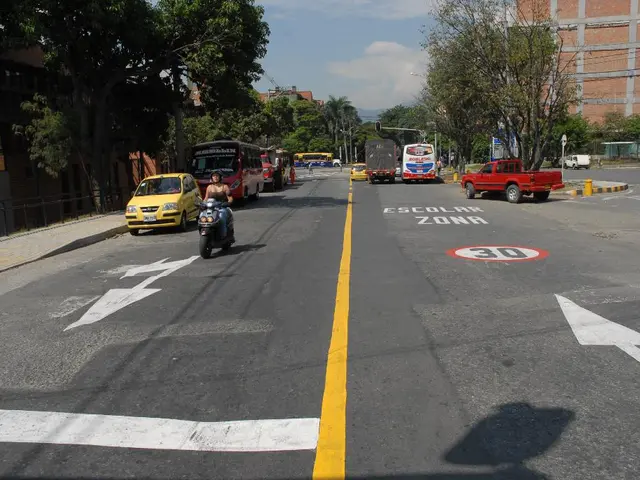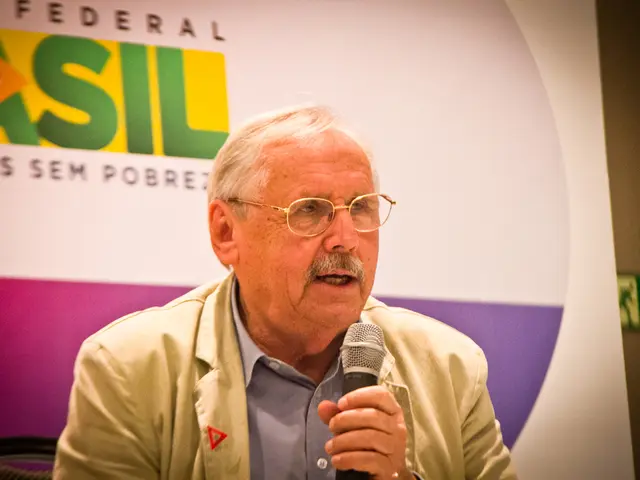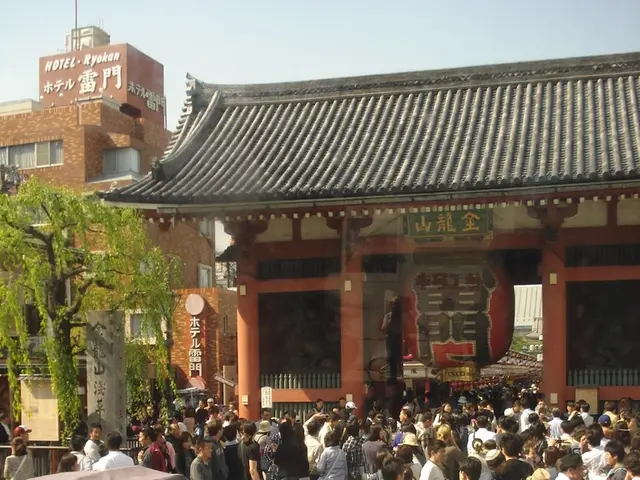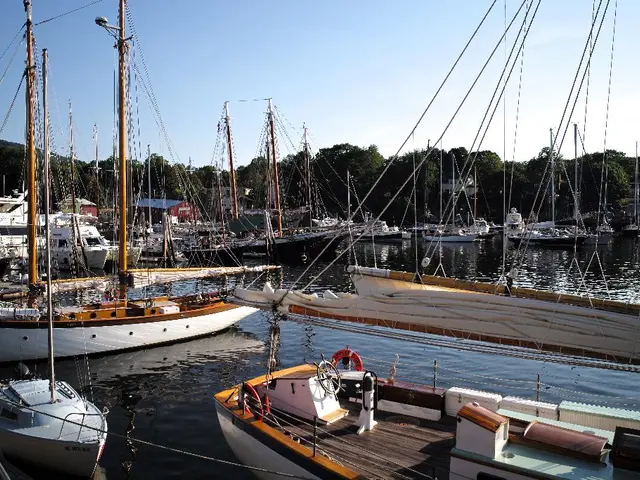Nazi Propaganda Unearthed in Argentina's Supreme Court: Investigating the Holocaust's Hidden Past
Unearthing the Past
Nazi Records Unearthed in Supreme Court Basement, Argentina
In a startling, unprecedented find, the basement of Argentina's Supreme Court has revealed a trove of Nazi propaganda, hidden for decades. Seven crates brimming with World War II-era materials - postcards, photos, propaganda, notebooks, and party membership documents - were discovered during the relocation of files for a future Supreme Court museum[1][2][3].
Digging Deeper
With the discovery's potential to offer vital insights into the Holocaust, an intensive investigation is underway. Upon initial inspection, images and hundreds of membership booklets emblazoned with swastikas from the "Unión Alemana de Gremios" were located[3]. The Supreme Court is teaming up with local Jewish organizations, including the Association of Jewish Lawyers of the Argentine Republic and the Holocaust Memorial Foundation, to delve into the contents and ascertain if the material holds crucial Holocaust information[4].
Historical Context
Tracing their origins to 1941, the crates made the journey from the Nazi German embassy in Tokyo to German diplomats in Argentina, who initially claimed they contained personal effects. However, Argentine authorities were suspicious and launched an investigation[4]. The materials were ultimately taken into the care of the Supreme Court due to a judge's seizure order.
Importance for Holocaust Research
This discovery carries tremendous implications for Holocaust research, amplified by the declassification of over 1,800 Argentine files that reveal Nazi escape routes to South America. The findings could offer new perspectives on Nazi activities in Argentina and potentially expose more about the financial networks and escape routes used by Nazis[4].
- Declassification: Following a meeting with leaders from the Simon Wiesenthal Center, the Argentine government's decision to declassify files underscores their commitment to uncovering the truth about Nazi activities in South America[4].
- Continued Investigation: The discovery underscores the importance of continuing to investigate, document, and preserve historical events connected to the Holocaust, ensuring that the lessons of the past are not forgotten and that such horrors are not repeated[1][4].
[1] Tate Art Gallery Repatriates Nazi Loot to Heirs[2] Argentina Discovers Historic List with Names of 12,000 Nazis[3] Time[4] Guardian
Other government organizations are also taking an interest in the discovered Nazi propaganda, including those focused on general news, politics, crime-and-justice, and war-and-conflicts. These entities see the potential for the materials to shed light on various aspects of history and may collaborate to help uncover any hidden secrets.
The discoveries made in the Supreme Court's basement have the potential to impact not only Holocaust research but also ongoing international investigations into war-and-conflicts, crime-and-justice, and political history.







